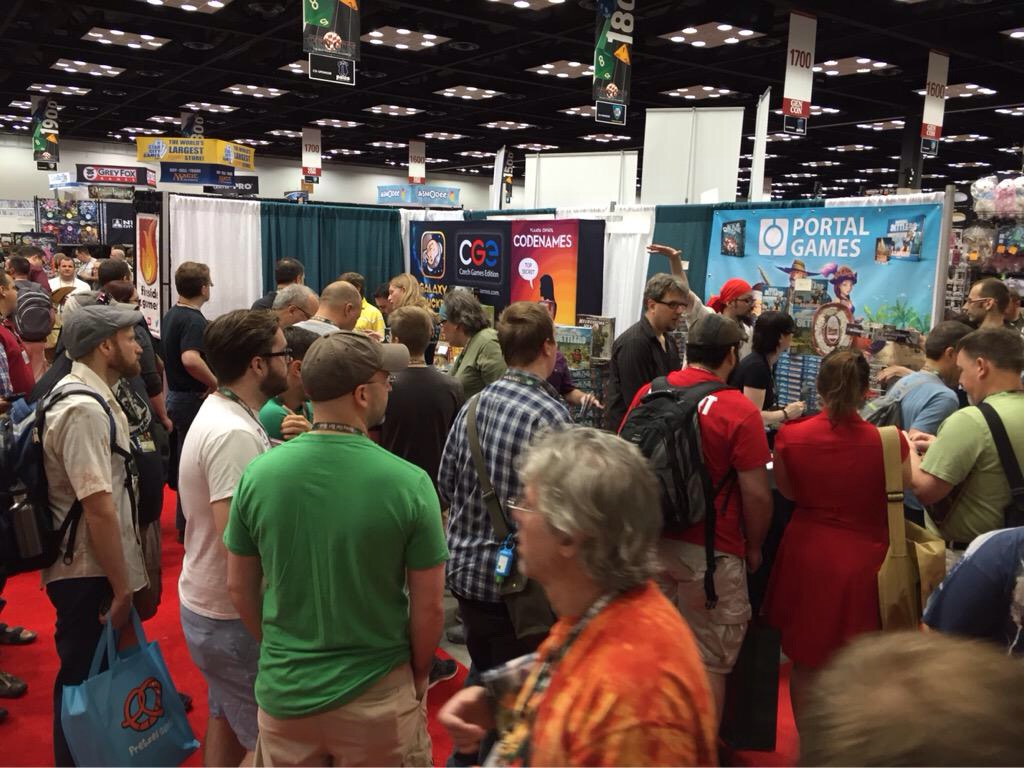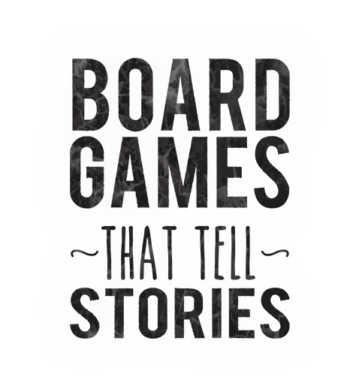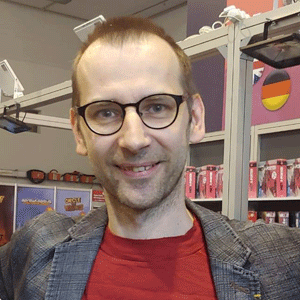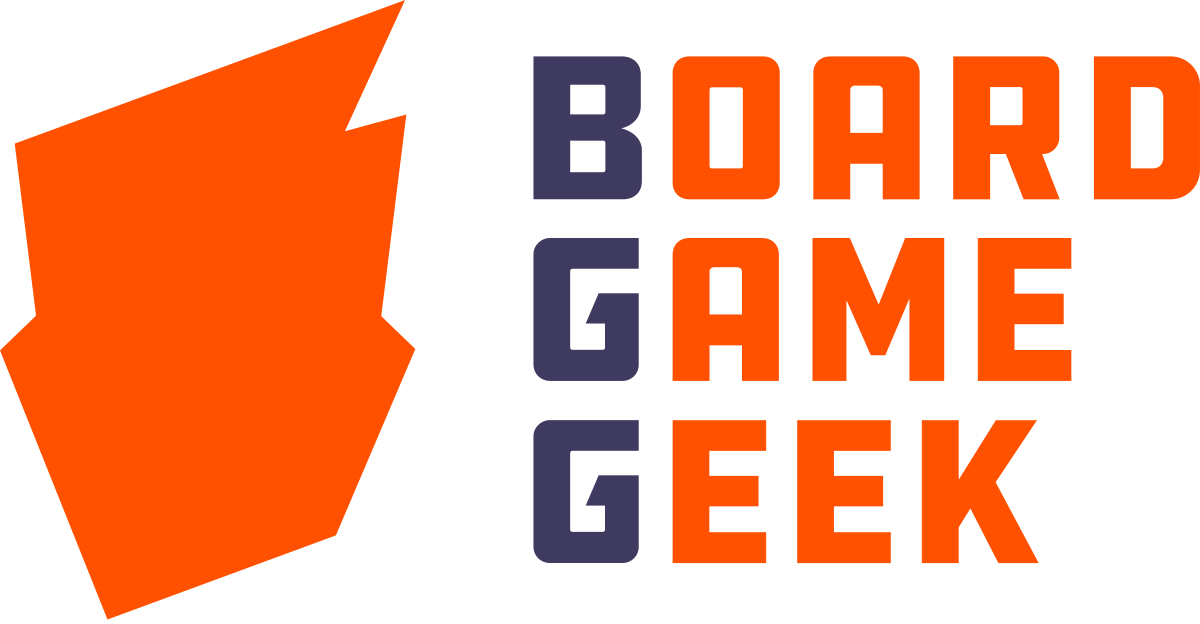Let’s do a sold out!

It is Thursday, July 29, 2015. Late evening, the four of us are sitting in a hotel room at the Hilton in Indianapolis. It’s me, Multi, Chevee, and Jeff. A few hours ago, the first day of Gen Con ended. We are here with the release of the game Rattle, Battle, Grab the Loot. The game has been well-received. From the first pallet containing 240 units, we have only a few boxes left.
„Should we announce it as sold out?” I ask.
Everyone at the convention has seen how boxes have been disappearing from the stack of games throughout the day, and by the end of the day, only a few units remained. I could post a short tweet that Rattle, Battle, Grab the Loot sold out on the first day of Gen Con. We have a success story, distributor interest in the title, fans upset that they missed out on a hot game, and the press and media will pick up on it. We will be featured in every Gen Con report as one of the games that generated enormous interest. Of course, we will be bored to death at our booth for the next three days, but we will return to the company victorious. The news will spread throughout the industry that Rattle, Battle, Grab the Loot was one of those titles worth paying attention to.
Of course, there’s a catch – we have a second pallet hidden in the warehouse in Indianapolis. I sent two pallets of our game to Gen Con. No one knows about it except the four of us.
It is Thursday, July 29, 2015. We’re sitting in the hotel room, contemplating what to do. Should I pull out my marketing tricks and announce a somewhat fabricated sold-out status? Should I bring the second pallet to the event in the morning and do our thing – promote the game, sell the game, without bullshit and cheap tricks.
We laughed a little, and talked about how nice it would be to have a sold-out status and three days off, we discussed how a success story would be good for us. But as the four of us sat there, we all knew – we won’t stoop to that level. We won’t announce an artificial sold-out status.
*
Convention sold out is one of the most pathetic marketing tactics in our industry. It’s the easiest to implement, has been consistently effective for years, and always, always gives me a shudder of disgust. Small publishers who are desperate for publicity might resort to such marketing tricks, it’s a different story. Sometimes, once every few years, even larger publishers make a mistake and arrive at a convention with a symbolic amount of product. Just last year, I was forced to do it myself. The printing company messed up the printing schedule for the game Brazil, and we had to airship one pallet of games directly from China to Gen Con. The shipping cost was absurd, and sending a larger quantity was unrealistic. We had one pallet of games, so yes, we made and then announced a sold-out status. Yes, I felt really bad about it.
When major publishers come to Gen Con or Essen and artificially restrict sales to 50 copies per day, I do facepalm and think that their marketing departments are surely capable of better hype-building techniques…
*
The trigger for today’s column is the behavior of the biggest of the big, the £3.25 billion British behemoth, Games Workshop. They have perfected the art of playing on FOMO (Fear Of Missing Out) and tightly integrated it into their publishing strategy. New products vanish in pre-sales within a matter of hours, and this past Saturday, things reached absolute madness. The latest GW game, Kill Team Gallowfall, sold out in 60 seconds. Players who visited the GW website at 10:01 am, just a minute after the start of pre-orders, were already too late, and the product was no longer available for purchase.
You might wonder how it’s possible that a £3.25 billion company doesn’t have someone who can assess the demand for a new product. How is it possible that all those reports, sales figures, the history of a product line’s performance, the growth dynamics of the entire line—how is it possible that this corporate heap of data analyzed by highly paid number crunchers fails, and how is it possible that they consistently misjudge the demand?
Let me explain. It’s not the idiots working in the analysis department. It’s a bunch of certified lazybones in the marketing department. „Let’s create an artificial sold-out status in one minute, everyone will be talking about it, even Trzewiczek will write about it on his blog.”
Well, I’m writing now. In all caps: „GAMES WORKSHOP, YOU CAN DO BETTER.”


 I strongly believe that good board game is the one that tells a good story. You play it and suddenly you are sucked into it, you feel chills on the skin. Emotions grow. In a moment you defend castle. You hear roar of warriors. You smell boiling oil. You are into it.
That's how I design my games. I always want to tell a good story. I want players to be into it. As deep as possible.
I strongly believe that good board game is the one that tells a good story. You play it and suddenly you are sucked into it, you feel chills on the skin. Emotions grow. In a moment you defend castle. You hear roar of warriors. You smell boiling oil. You are into it.
That's how I design my games. I always want to tell a good story. I want players to be into it. As deep as possible.




Leave a Comment